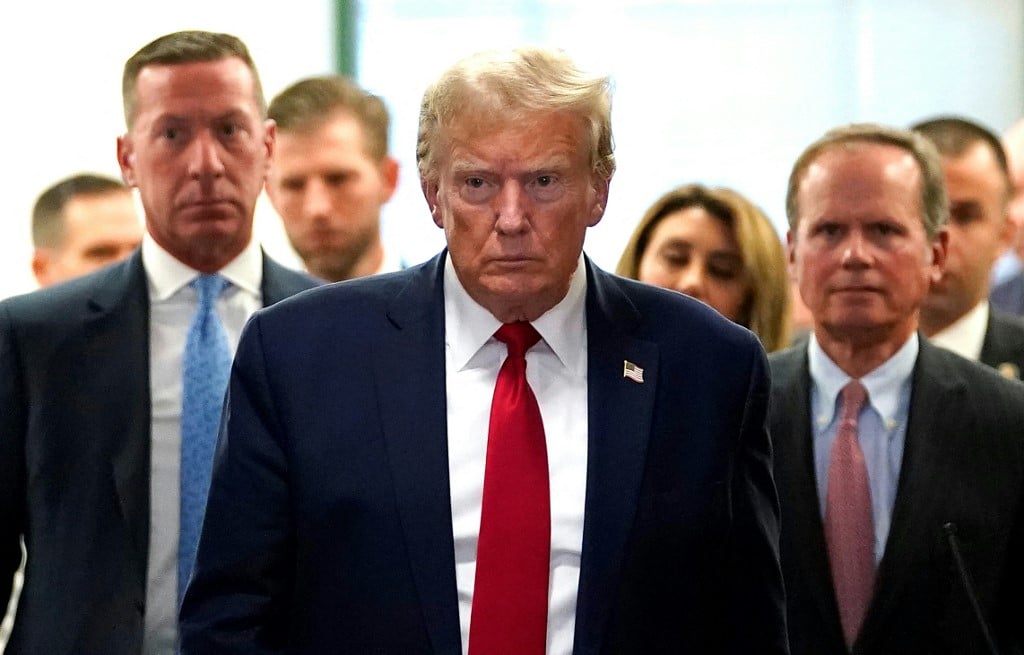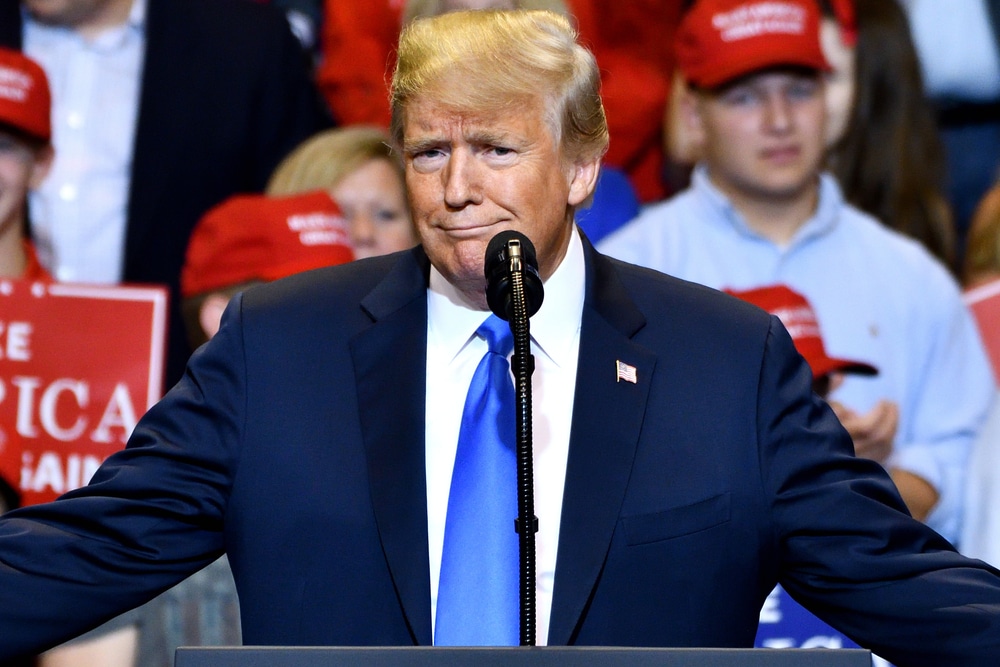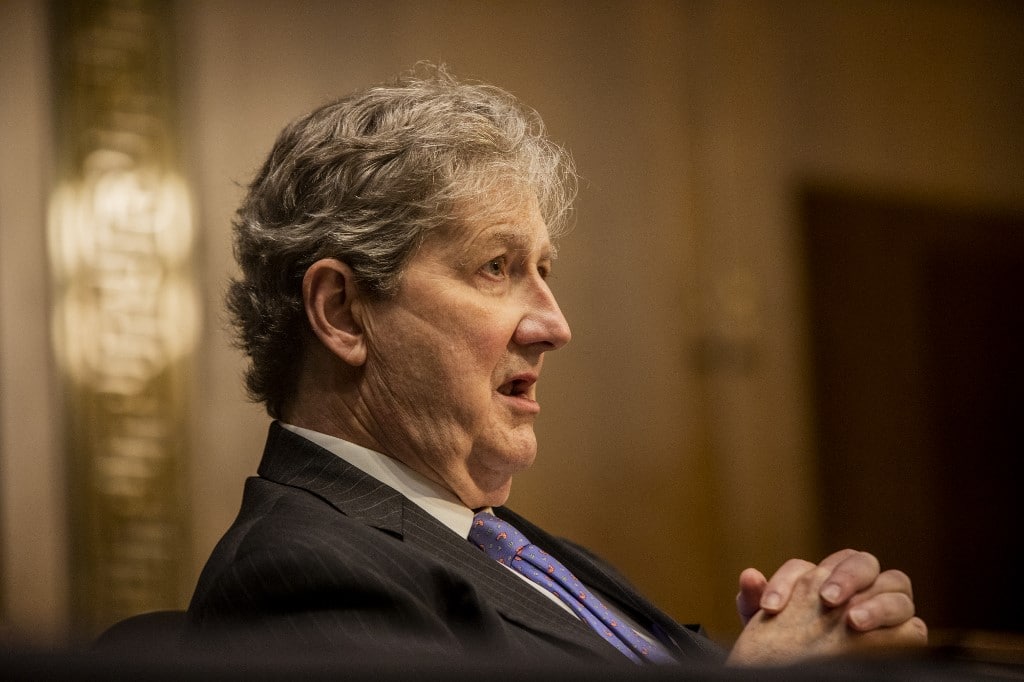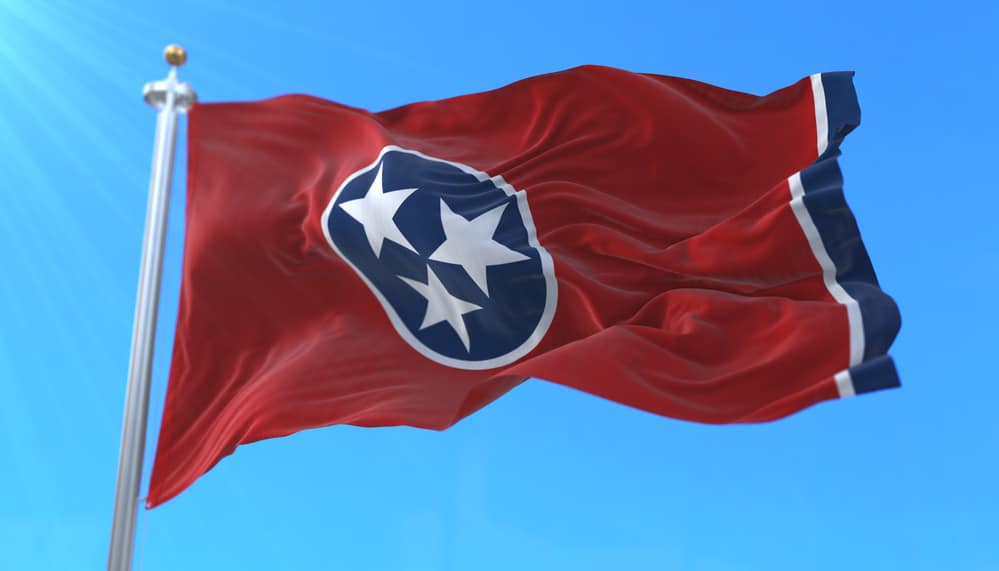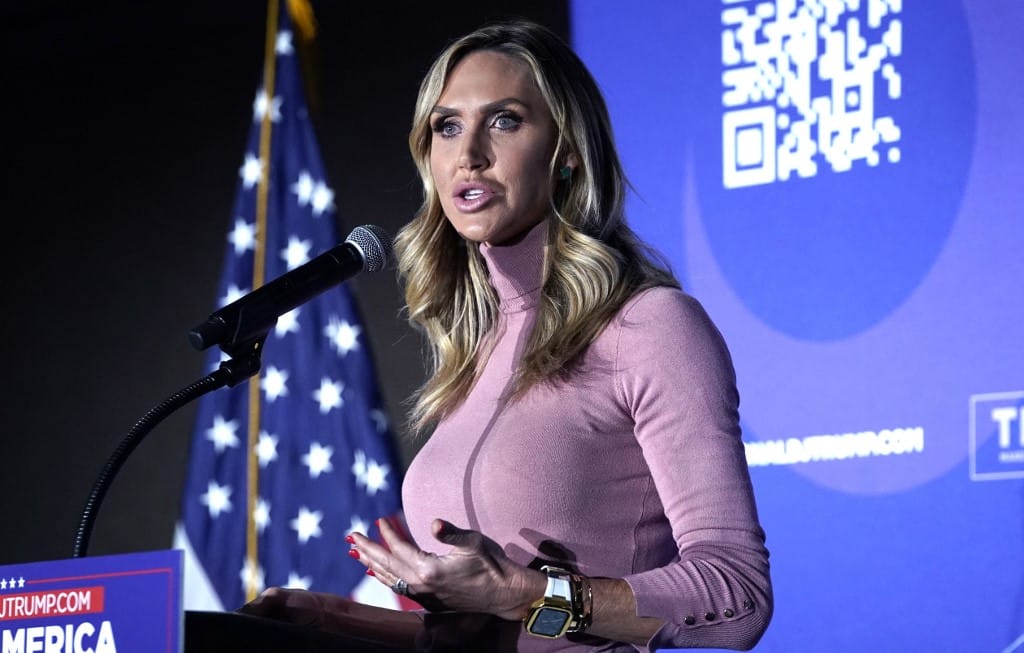The decision by the Supreme Court to hear a case that challenges the Justice Department’s prosecution of the January 6 rioters has resulted in a pause to several sentences and could potentially impact a collection of cases, including that of Donald Trump.
Rulings Shift Rioter Sentencings
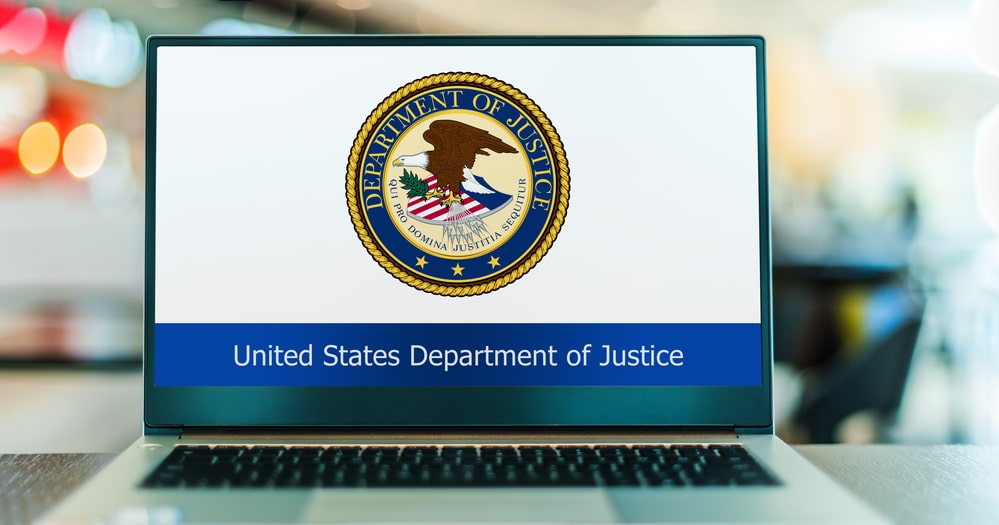
The case raises questions about the DOJ’s use of a specific law to obtain felony convictions for disrupting congressional processes, such as the 2020 election certification.
Potential Reversals
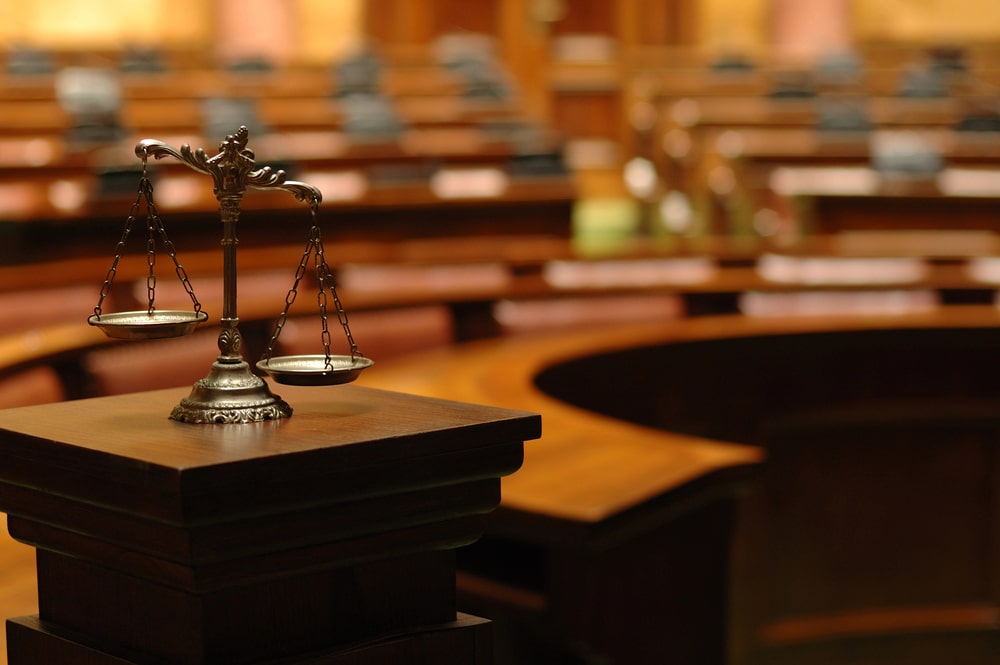
Defense attorney Kira West, representing the January 6 defendants, stated, “The opportunity is for these cases to be reversed. It was a happy day for me when it happened. I think the court is thinking about reversing the case.”
Levering the Decision
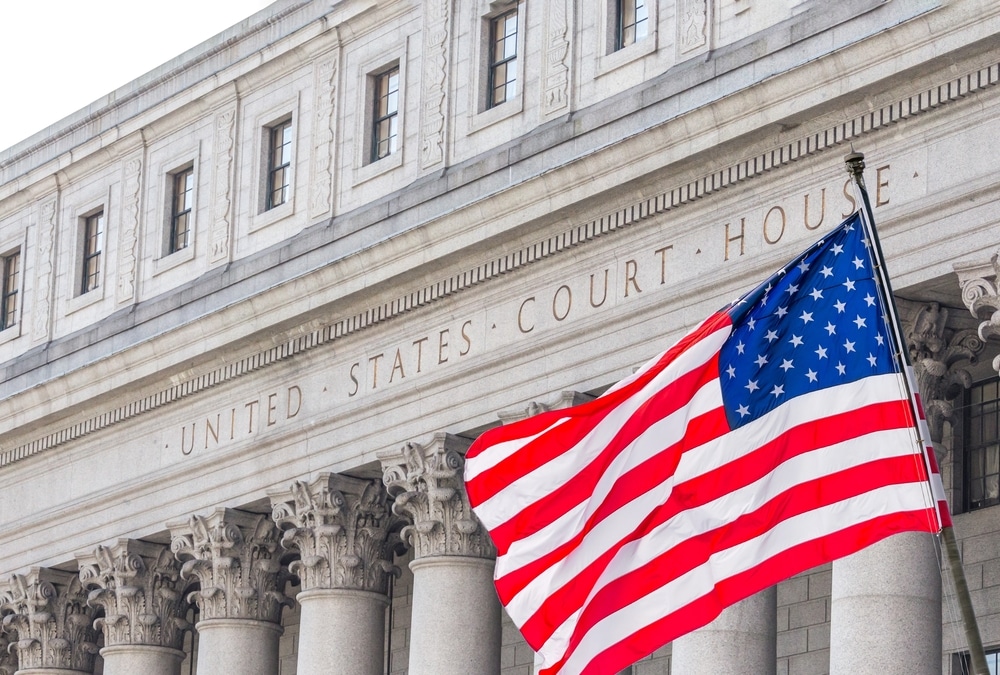
Trying to leverage the Supreme Court’s recent action, Alex Harkrider, a Trump supporter from Texas and one of West’s clients, sought to postpone his trial scheduled for early January. Harkrider’s main argument was that his case was heavily influenced because he faced primarily the felony charge of obstruction.
Sentencing Postponed
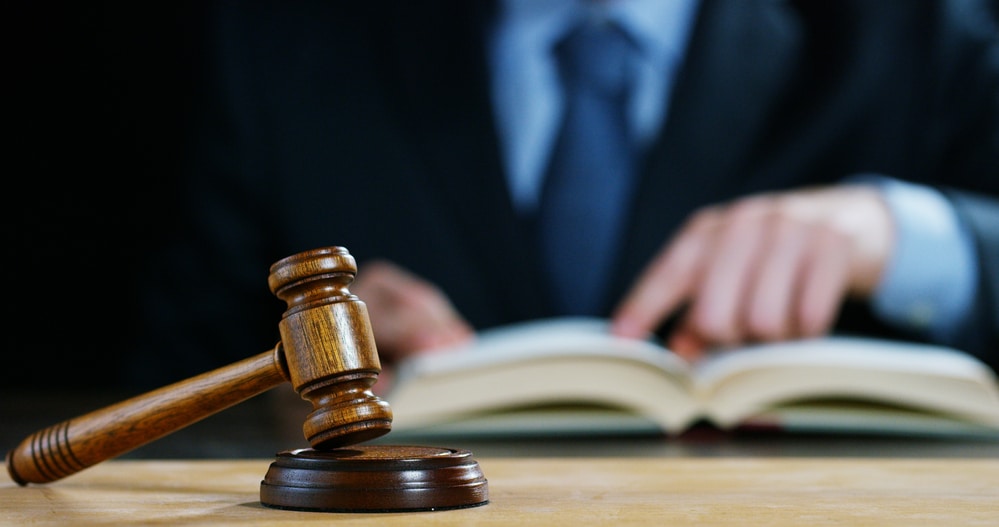
District Court Chief Judge James Boasberg noted, “Given that the only felony count Defendant was convicted of was [the obstruction charge], which will thus play a substantial role in his sentencing, the Court believes that postponing such sentencing until after the Supreme Court decides U.S. v. Fischer is appropriate.”
Seeking Legal Relief
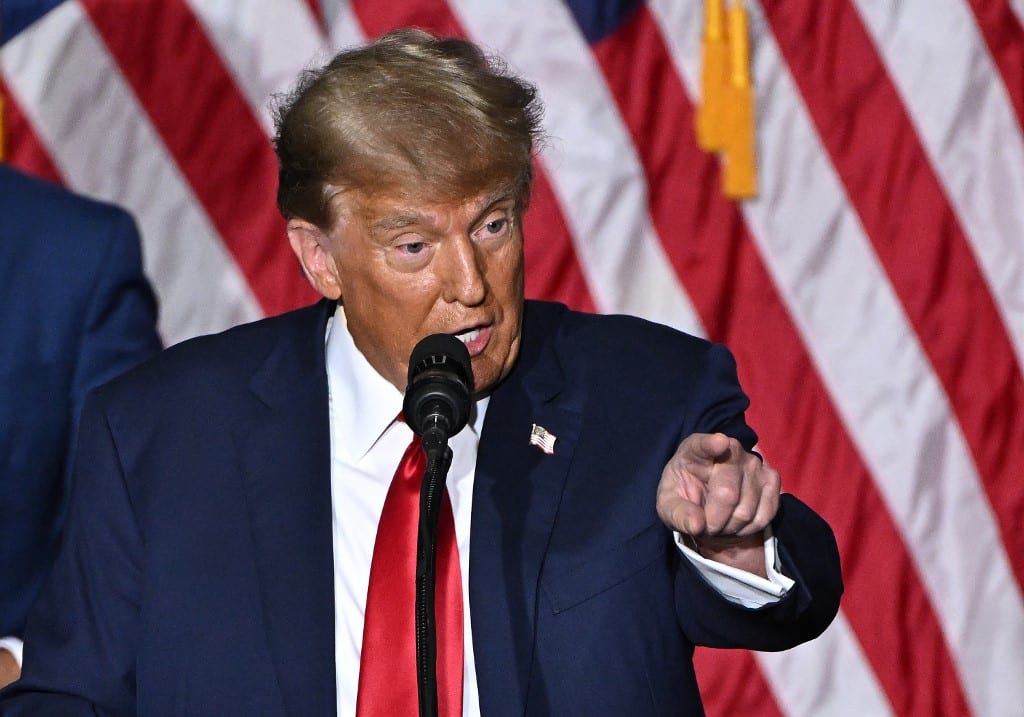
Should this challenge succeed, it could have repercussions for Trump’s trial and potentially prompt retrials for others. Those charged are looking for relief, especially in cases involving obstruction of an official proceeding.
DOJ Opposes Delays

The DOJ is resisting any delays in trials and sentencings, but some rioters have already succeeded in delaying their cases, pending the Supreme Court’s verdict.
DOJ Insists on Quick Justice
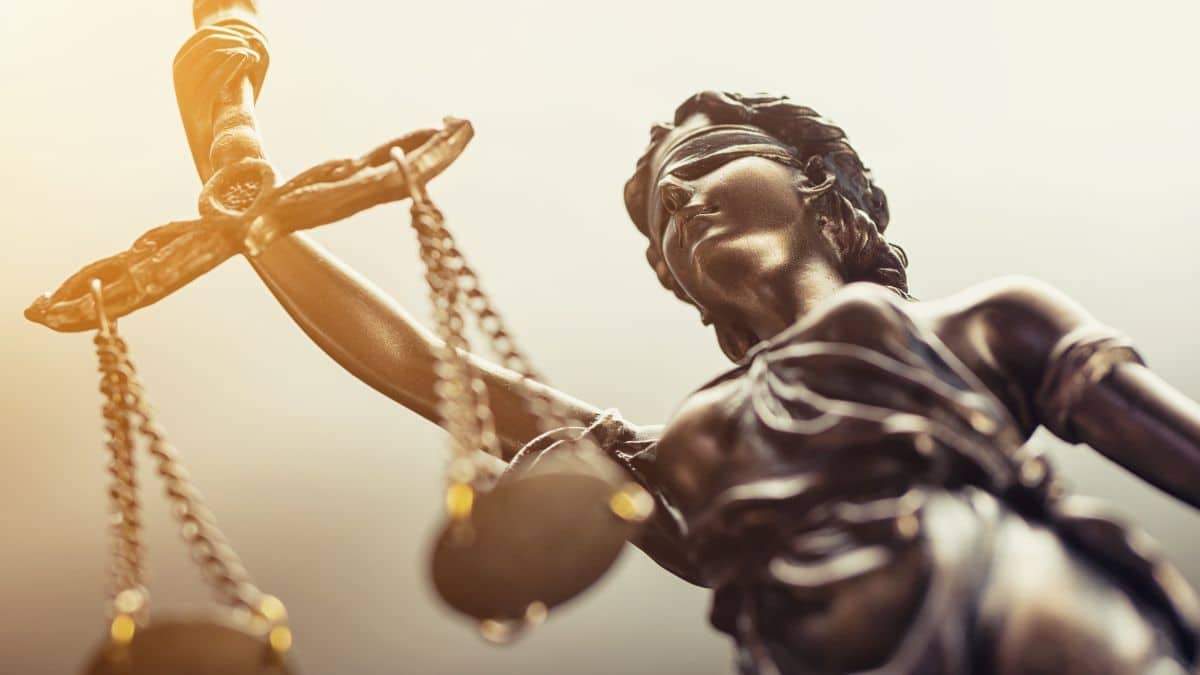
The Justice Department emphasized, “Regardless of the implications of Fischer, the public and the government have a right to a prompt resolution of this case with respect to the other charges on the indictment.”
Rioter Gets Early Release
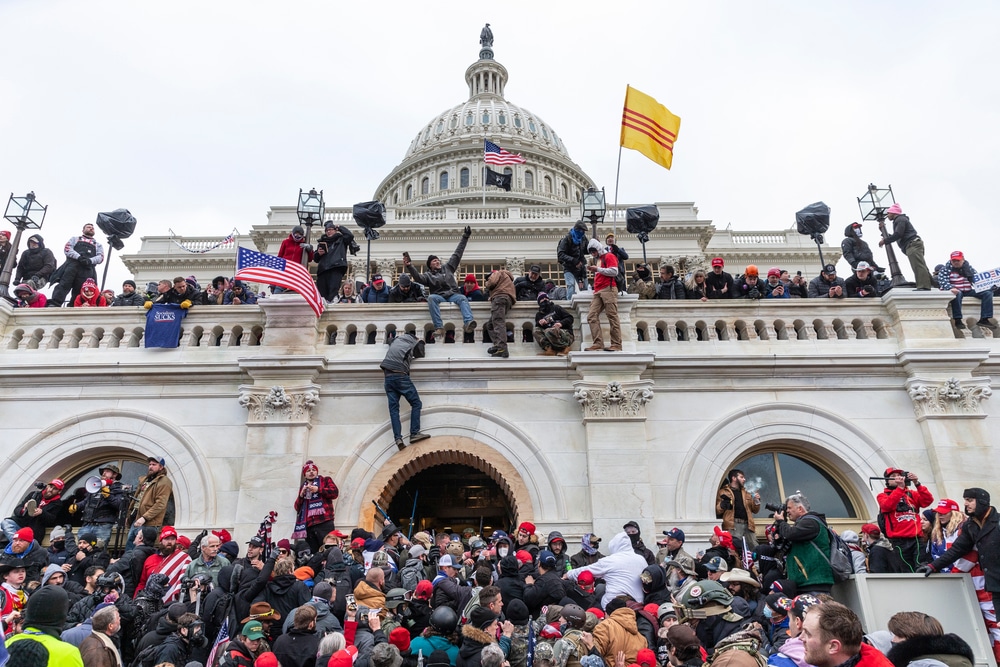
Alexander Sheppard, a convicted rioter has recently secured an early release for May, cutting short his 19-month sentence to just six months. Depending on the Supreme Court’s decision, he might either remain free or have to return to prison to complete his sentence.
Legal Hopes

Kevin Seefried, a Delaware drywall installer infamous for carrying a Confederate flag into the Capitol, is also pursuing an early release. Several others have managed to delay their sentences, avoiding jail time until the Supreme Court’s ruling, potentially in late June.
Law’s Applicability Questioned
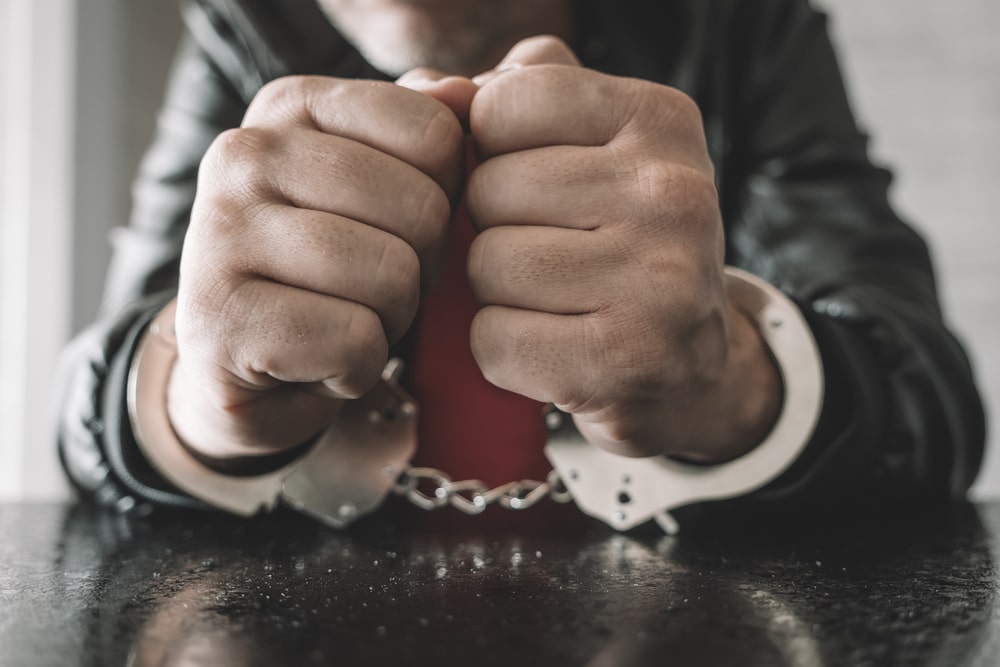
The challenge to the DOJ’s conviction strategy centers on a case by Joseph Fischer, a former patrolman, convicted for obstructing police at the Capitol. This case questions the applicability of a law used to convict rioters of obstructing a federal proceeding, like the 2020 election certification.
Trump Tied to Obstruction Law
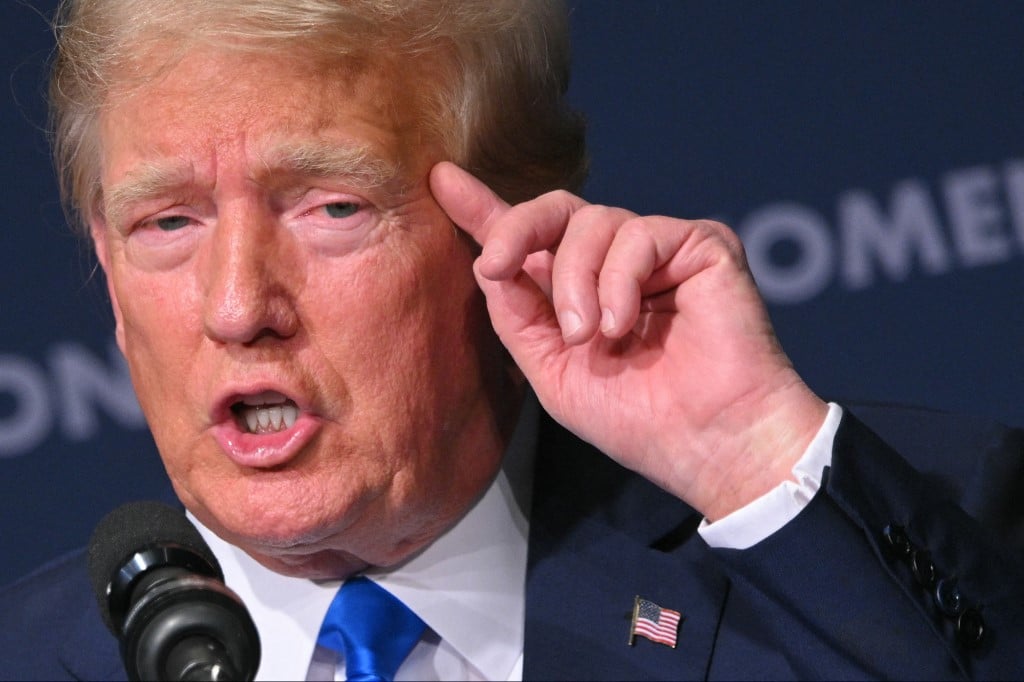
This same law was employed to indict Trump on federal election interference charges. With Trump’s case on pause due to an appeals court deliberation on presidential immunity, his lawyers are preparing to challenge the obstruction law if it’s reconsidered before the Supreme Court’s decision.
Trump’s Legal Fate
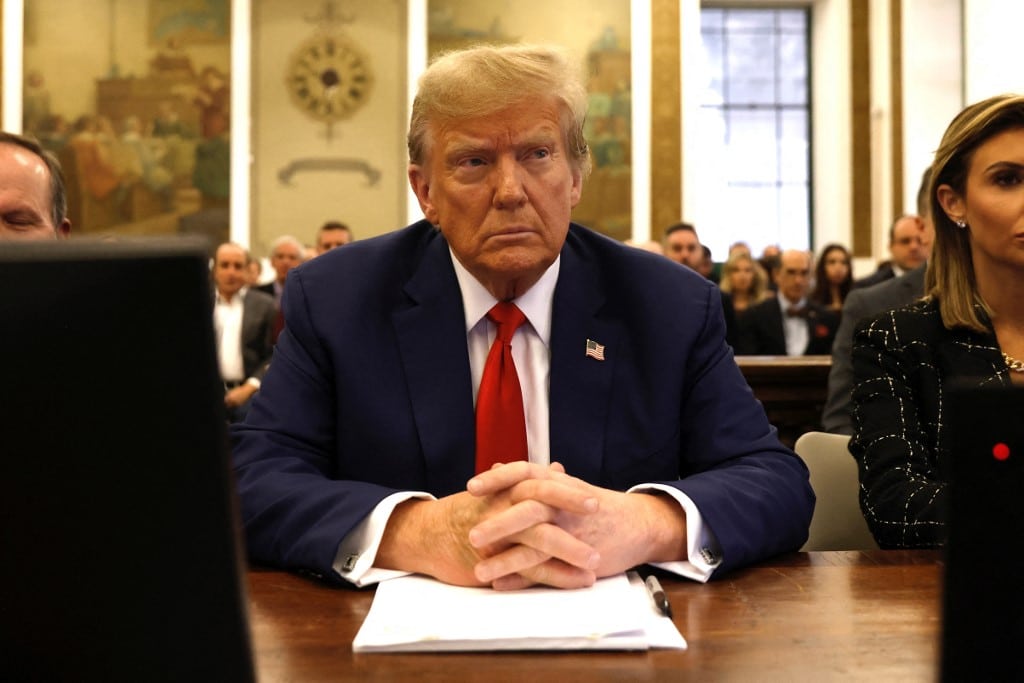
If the Supreme Court were to challenge or disagree with the Justice Department’s stance, it might significantly affect Trump’s trial, scheduled for March. However, it seems improbable that Tanya Chutkan, the presiding judge, would postpone Trump’s trial if it’s reassigned to her before the Supreme Court’s decision on Fischer.
Implications of Obstruction Debate
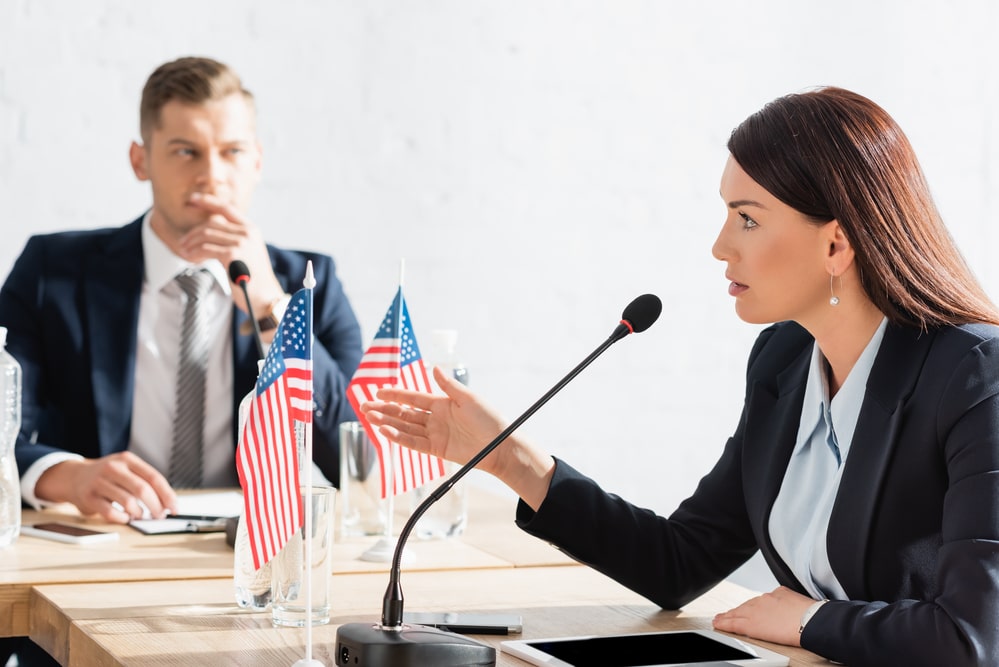
The special counsel’s office has already argued, in a previous court filing, that debates over the obstruction charge should not impact Trump’s case since his alleged offenses also involve falsifying electoral vote certificates and sending them to Congress.
Fate Hinges on Supreme Decision
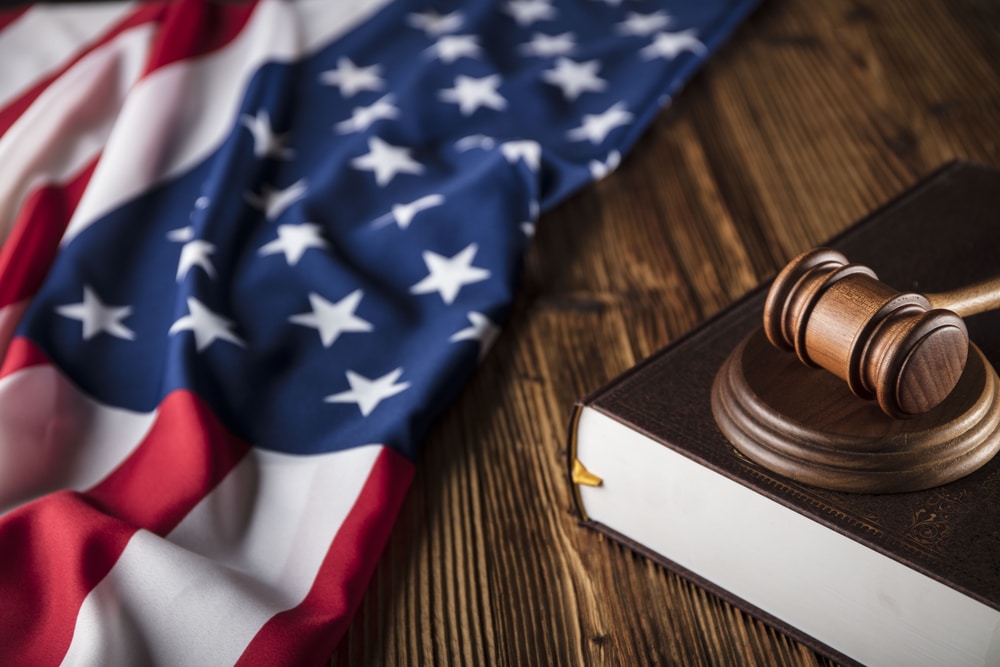
The outcome of the Supreme Court’s decision is anticipated to have the most profound effect on rioters whose only felony charge is obstruction of an official proceeding, especially those who did not engage in violence during the riot.
Read Next: What Really Causes Donald Trump’s Skin to be So Orange
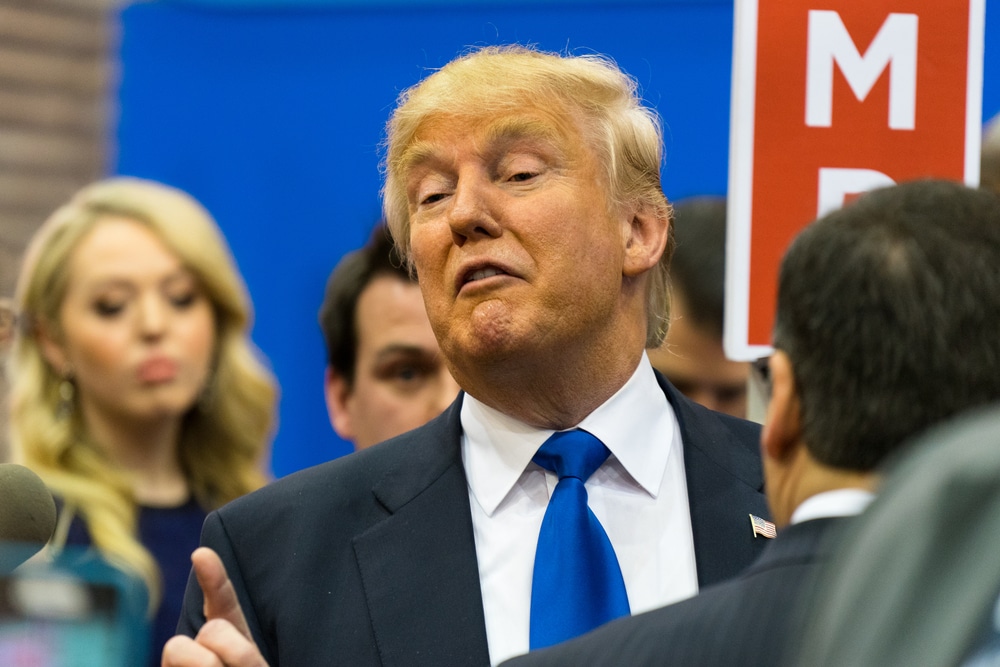
Former President Donald Trump’s distinctive orange skin has captivated attention, sparking curiosity about its evolution from average pale over the years:
What Really Causes Donald Trump’s Skin to be So Orange
Court Finally Unseals Secretive Case of Jan 6 Offender
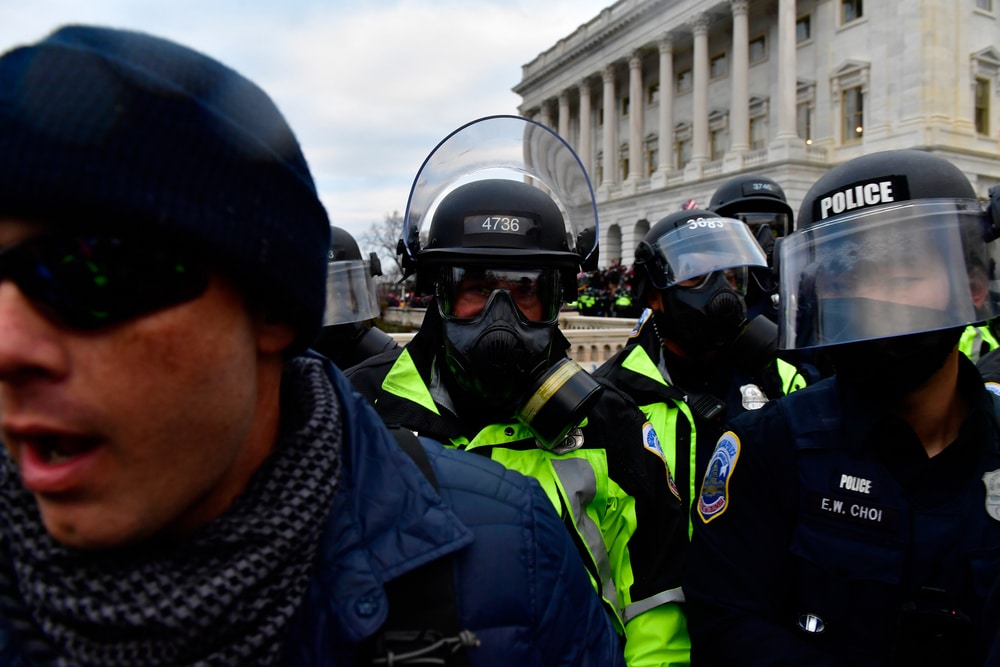
Samuel Lazar sentenced for Jan. 6 insurrection; previously confidential case now revealed: Court Finally Unseals Secretive Case of Jan 6 Offender
Jack Smith continues pushing Judge Cannon, reminding her that “the speedy trial clock” is ticking
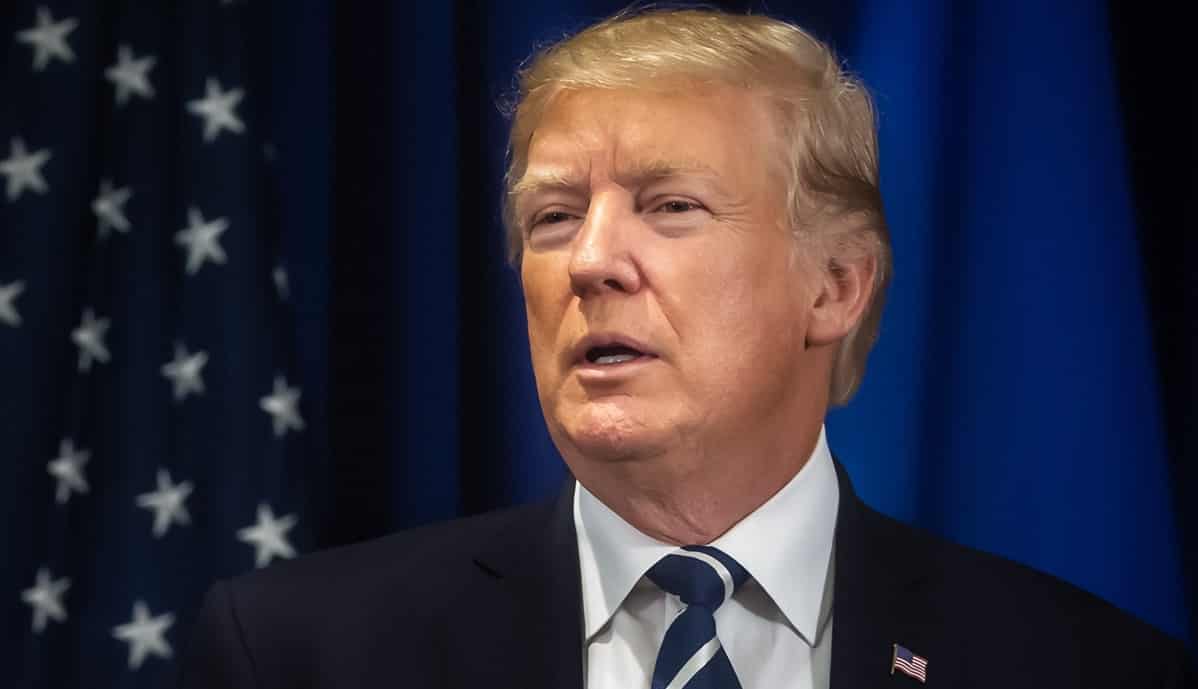
Jack Smith urges Judge Aileen Cannon for a speedy trial in a classified documents case involving ex-President Trump: Jack Smith continues pushing Judge Cannon, reminding her that “the speedy trial clock” is ticking
Defamation lawsuit against Kari Lake advances while people compare her to Rudy Giuliani
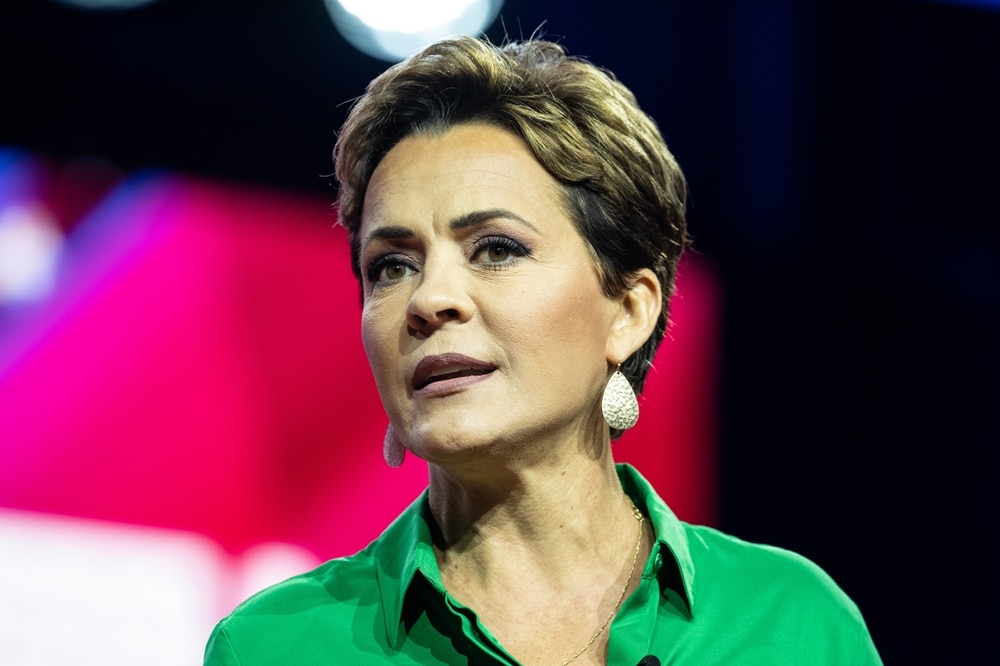
Kari Lake loses First Amendment right to accuse Maricopa County recorder; Arizona Republic ponders if she’s channeling Rudy Giuliani in her sleep : Defamation lawsuit against Kari Lake advances while people compare her to Rudy Giuliani
More Democrats are flipping in a crucial swing state than Republicans
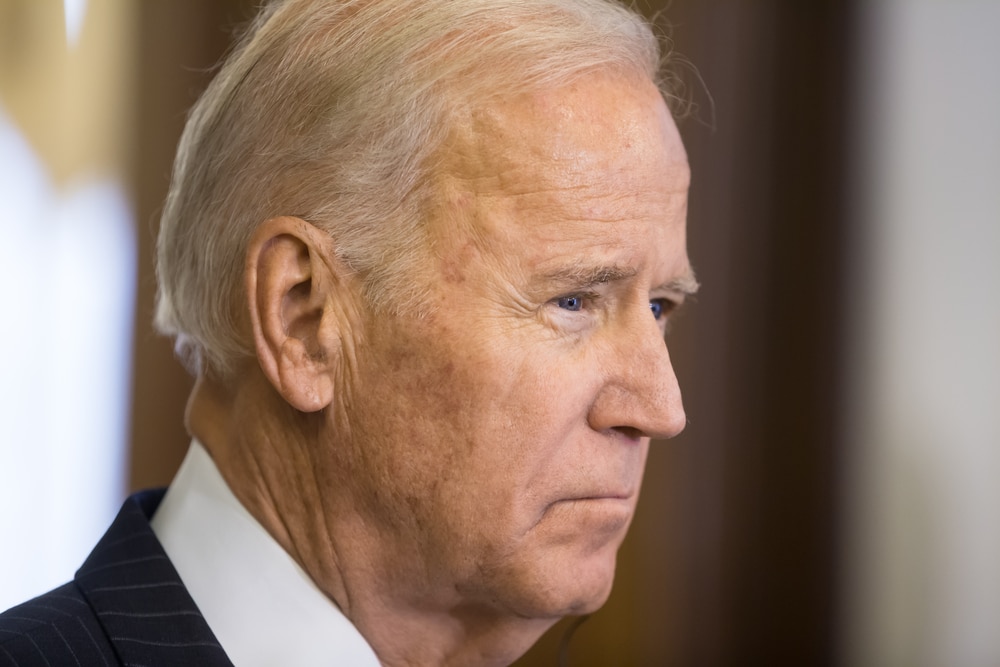
In Pennsylvania, a significant number of registered Democrats flipping is sending an unflattering signal to President Biden: More Democrats are flipping in a crucial swing state than Republicans






